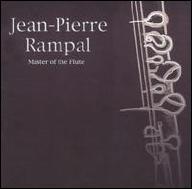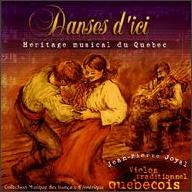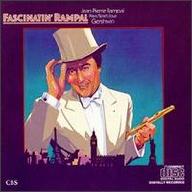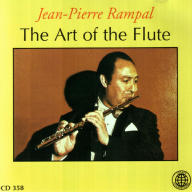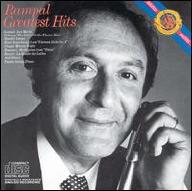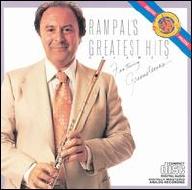Rampal was born in Marseille on January 7, 1922. His father, Joseph Rampal, was a flute teacher and the first flutist of the Marseille Symphony Orchestra, and he gave Jean-Pierre his first lessons beginning at the age of 12. Joseph Rampal tried to steer his son away from a musical career, and Jean-Pierre began to study medicine. In 1943, however, German occupation forces conscripted him, and he discovered that he was going to be sent to Germany as a forced laborer. Rampal went absent without leave, joined the French Resistance, and made his way to Paris under a new identity. There, he enrolled at the Conservatoire de Paris as a flute student, and five months later, he earned a degree with the school's top prize. Shortly thereafter, Paris was liberated, and conductor Henri Tomasi heard Rampal and invited him to perform Jacques Ibert's flute concerto on national radio in France. The concert made Rampal an overnight sensation and launched his career. His recording career began in the late '40s with some releases on 78 rpm records, but its full development awaited the coming of the LP, which allowed him to record entire concertos without a break. During the postwar years, Rampal laid the groundwork for a successful career as a recitalist and chamber music player. His favorite accompanist for many years was Robert Veyron-Lacroix, who played both piano and harpsichord; Rampal was one of the first popular performers on any instrument to make Baroque music an integral part of his repertory. He founded the French Wind Quintet (Quintette à Vent Française) in 1945 and the Ensemble Baroque de Paris in 1953.
In 1950, Rampal launched an international touring career, and its dimensions grew steadily. He performed with the orchestra of the Paris Opéra from 1956 to 1962, taking the opportunity to perform frequently on the radio during this period. That raised his visibility substantially, and by the late '60s, he was one of the world's major soloists, not only on the flute but in general. He appeared with almost all of the world's major orchestras, and his chamber music collaborators were players at a similar level; they included cellist Mstislav Rostropovich, violinist Isaac Stern, and jazz pianist Claude Bolling. Rampal experimented with cross-cultural fusions, performing and recording with Indian sitarist Ravi Shankar and making an album of Japanese folk melodies that became the best-selling album of the year in Japan. He sometimes played Scott Joplin rags as encores. Composers, including Francis Poulenc, André Jolivet, and Jean Françaix, wrote music for him, but he generally declined to play high modernist material. Rampal's style, lively and explosive when necessary, diverged fundamentally from the smooth French conservatory tradition in which he grew up. His style was immensely influential for younger flutists.
Rampal's recording catalog was vast, encompassing more than 100 LP albums for the Erato label, more than 60 for CBS (later Sony Classical), 78 rpm records from the late '40s, and albums for many other labels. In the year 1964 alone, he released 17 albums. He also wrote an autobiography, Music, My Love. Later in life, he was active as a conductor but continued to perform on the flute and remained active almost until the end of his life. His last concert took place in Spain in November of 1999, and his last recording came a month later. Rampal died in Paris on May 20, 2000. He received France's highest honors, including being made a Chevalier of the Legion of Honor, an Officer of Arts and Letters, and a Commander of the National Order of Merit. Rampal reissues continued to appear voluminously after his death, including Jean-Pierre Rampal: Le premier virtuose moderne (2002), which collected his 78 rpm records, and The Complete Erato Recordings (2015). ~ James Manheim, Rovi
|
1
|
|
2. Largo |
|
2
|
|
Sentimentale |
|
3
|
|
Irlandaise |


